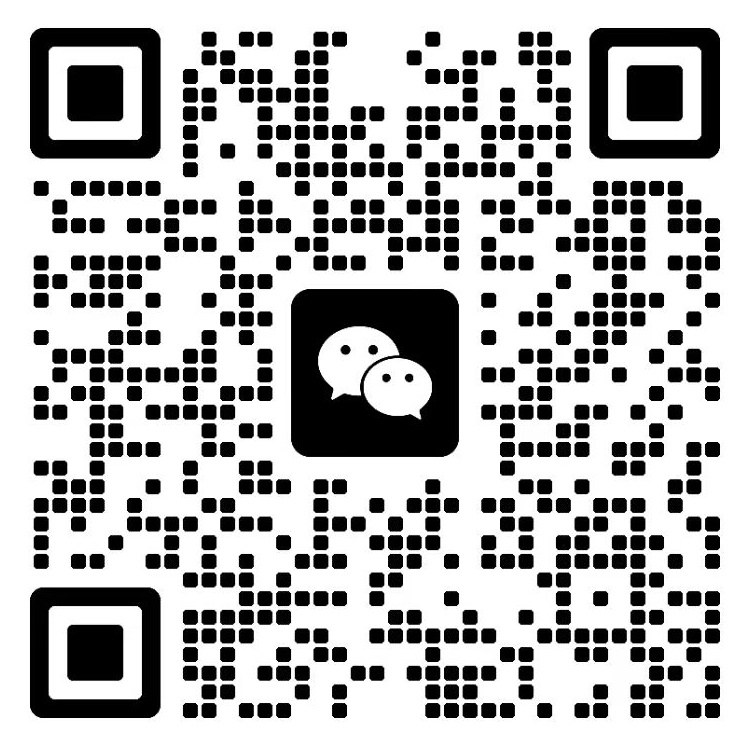In the race to study abroad, well-prepared application materials are the “ticket” to success. From Harvard to the University of Tokyo, admissions officers at top universities worldwide assess students’ academic potential, language skills, personal qualities, and financial resources through application materials.
I. Academic Transcripts: The “Hard Currency” of Academic Ability
Academic transcripts are the cornerstone of study abroad applications and must include grades for all undergraduate/high school courses and GPA (Grade Point Average). Important Notes:
1. Transcripts must be officially issued by the school, stamped with the official seal, and sealed.
2. Some universities require third-party certification (such as WES, ECE); the certification period needs to be planned in advance.
3. Transcripts must be translated into English and certified by a professional agency to ensure international acceptance.
II. Language Proficiency Certificates: The “Passport” to Overcome Language Barriers
TOEFL, IELTS, PTE, and other language proficiency scores are essential materials for applying to English-speaking countries. Important Notes:
Different universities have different language proficiency requirements (e.g., Harvard requires TOEFL 100+/IELTS 7.0+);
Some programs (such as business and law) require higher scores;
Scores can be improved through language training courses and mock test software, but sufficient preparation time must be allocated.
III. Personal Statement (PS): A “Self-Portrait” Showcasing Your Personal Qualities
The personal statement should highlight your personal experiences, academic interests, career plans, and motivation for applying.
Important Notes:
Avoid templates and highlight your unique experiences;
Relate to the specific program characteristics of your target universities to demonstrate a good fit;
Revise multiple times to ensure clear logic and fluent language.
IV. Letters of Recommendation: “Credit Endorsement” from Third-Party Evaluation
Letters of recommendation should be issued by professors, mentors, or employers, evaluating the student’s academic ability, work ethic, and personal qualities.
Important Notes:
Choose recommenders who know you well and have authority;
Letters of recommendation should be specific and detailed, avoiding generalities;
Communicate with recommenders beforehand to ensure the content of the letters is truthful and positive.
V. Resume (CV): A Concise “Personal Business Card”
The resume should include educational background, work experience, research achievements, awards, and extracurricular activities. Note:
The resume should be concise and highlight key points;
Use a standard format and avoid overly elaborate designs;
Adjust content according to the specific requirements of different universities.
VI. Financial Statement: A “Reassurance” of Financial Security
Financial statements must prove that the student has sufficient funds to cover tuition, living expenses, and other costs. Note:
Provide bank statements, income statements, or scholarship certificates;
Bank statements must cover at least one year’s tuition and living expenses;
Some countries require explanations of the source of funds to ensure their legality.
VII. Portfolio/Research Plan: A “Showcase” of Professional Abilities
Art, design, and architecture majors require a portfolio showcasing personal creative abilities; research-oriented majors require a research plan showcasing academic potential. Note:
The portfolio should feature selected representative works demonstrating technical skills and creativity;
The research plan should clearly define the research question, methodology, and expected outcomes;
Prepare in advance to ensure the quality of the portfolio/research plan.
VIII. Passport and Visa Materials: The Final Hurdle of Your Study Abroad Journey
Your passport must be valid for a sufficient period. Visa materials must be prepared according to the requirements of your target country, such as visa application forms, photos, and interview appointment confirmations. Please note:
Your passport needs to be obtained or renewed in advance to ensure its validity covers the duration of your studies;
Visa materials must be authentic and complete to avoid visa refusal due to material issues;
You need to pay attention to changes in visa policies and plan your application timeline in advance.

Preparing study abroad application materials is a battle where “details determine success or failure.” From academic transcripts to financial proof, from personal statements to letters of recommendation, every aspect requires careful refinement. Only by preparing comprehensive and accurate materials can you stand out in the fierce competition for studying abroad and begin a new chapter of international growth.






